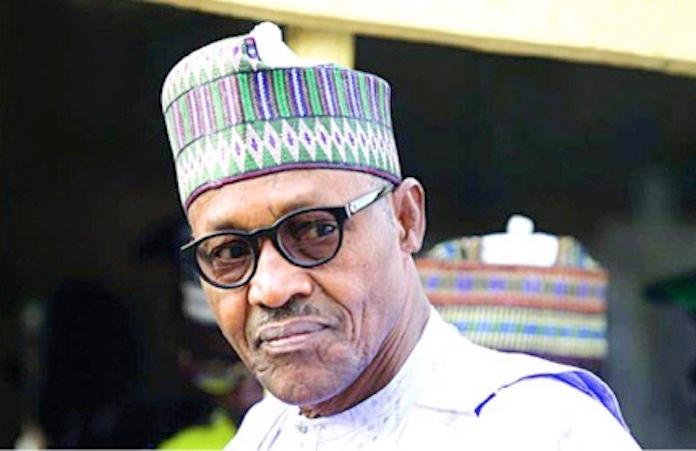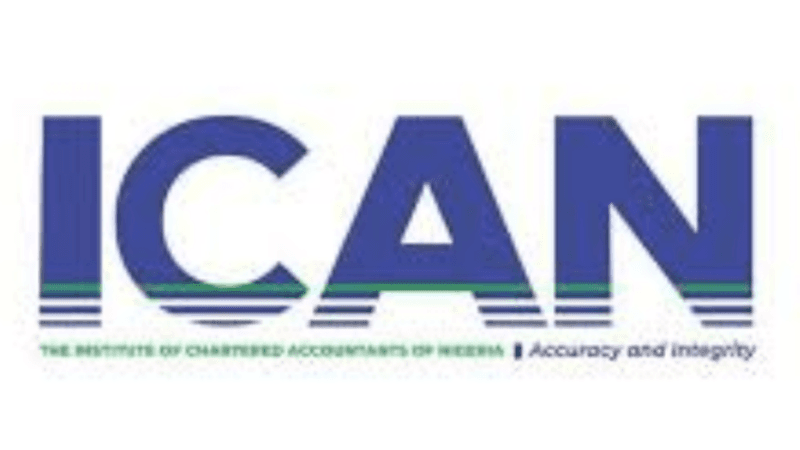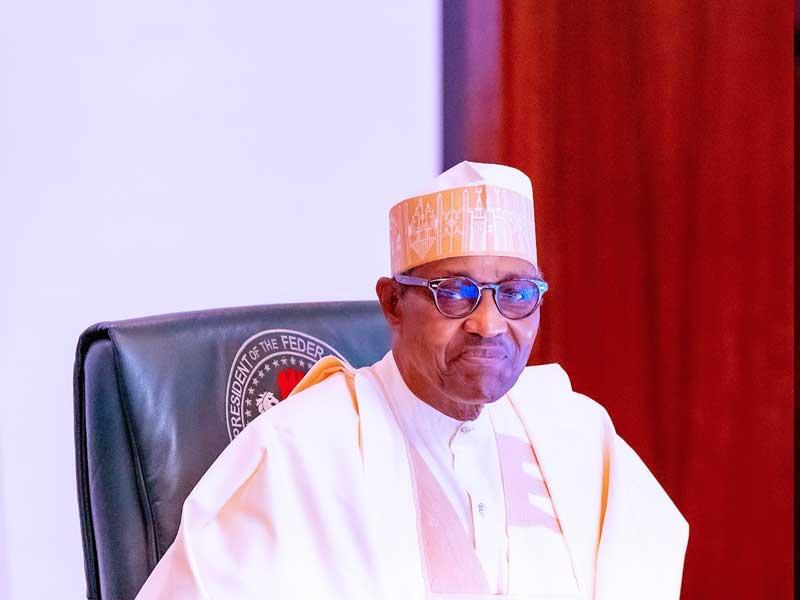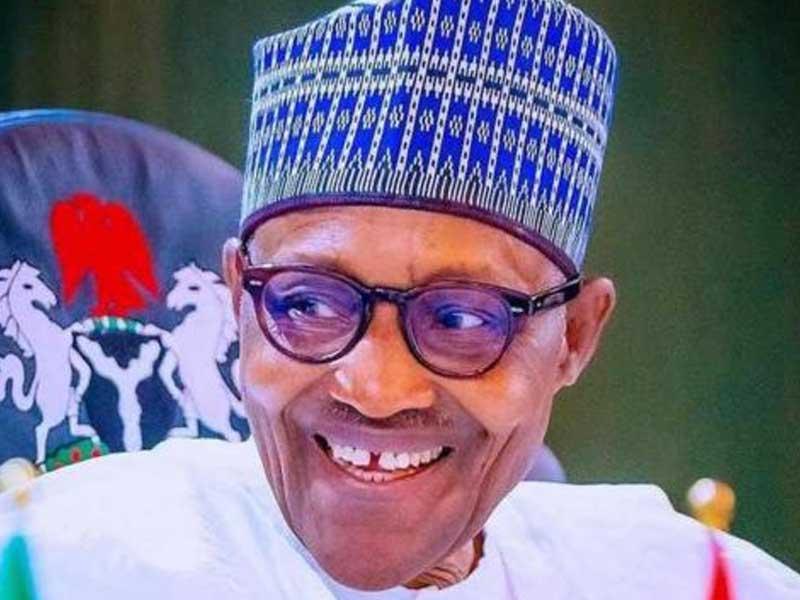- Returns from CHOGM, visits Bauchi April 26
Omololu Ogunmade in Abuja
As the pre-national convention intrigues of the ruling All Progressives Congress (APC) persist, President Muhammadu Buhari has been persuaded to take full charge of the party apparatus, authoritative sources close to the power play in the party have told THISDAY. The president, who returned to the country from a 12-day working visit to the United Kingdom yesterday, is said to have been convinced that unless he takes firm control of the party, the on-going manoeuvres for the control of its leadership by varied tendencies could disintegrate it. It is a situation that may badly injure his ambition for a second presidential run in 2019.
The party has been sharply divided since its February 27 National Executive Committee (NEC) meeting decision, which endorsed the extension of the tenure of the National Working Committee, led by Chief John Odigie-Oyegun, as well as those of the executives at the state, local government and ward levels for one year beyond the June 13 expiry date.
There was a groundswell of opposition to the proposition. Led by the party’s National Leader, Senator Bola Tinubu, those opposed to the tenure extension argued that it was a grave violation of the APC constitution and the 1999 Constitution of the Federal Republic of Nigeria, as altered, which stipulate periodic elections for party leadership.
With three cases challenging the tenure extension in court within a week of the NEC decision, the president waded in a month later when at another NEC meeting held on March 27, he stood behind the opponents of tenure elongation. He said he had been made aware that the proposition was unconstitutional and could be injurious to the future electoral interest of the party.
Bewildered by the sudden turnaround by the president, the pro-tenure elongation group, populated by governors, some serving ministers, and the NWC, attempted to resist Buhari’s suggestion that the tenure elongation be reversed. They set up a technical committee to advise on the president’s position.
As the technical committee led by Governor Simon Lalong of Plateau State began its work, Buhari’s close aides began to sense some level of effrontery among the pro-tenure elongation backers and began to tell the president that he needed to put his foot down.
By the NEC meeting of April 9, Buhari took his aides’ advice and with a mixture of carrot and the stick, firmly told the party to forget the tenure elongation and prepare for the election of new officers for the party.
However, at the meeting where he also announced his intention to seek the party’s nomination for a second term, he ensured all the gladiators went home with something: there would elective congresses and national convention, but there would also be waivers for the current party leaders who would have had to step down before they could re-contest their positions, as required by the APC constitution.
Although the president was said to have taken the middle of the road course in order to be fair to both sides, some his aides, THISDAY learnt, thought his ambivalence would give the impression that he lacked the capacity to be firm, warning that this could be exploited.
According to multiple THISDAY sources close to the Presidency, some of the manoeuvrings while the president was in the UK attending the Commonwealth Heads of Government Meeting (CHOGM) proved them right, as the Odigie-Oyegun-led NWC was accused of not only populating the convention organising committee with its sympathisers but also attempting to foist on the party an affirmative rather than elective convention.
“The NWC has been scheming to frustrate an elective convention by not only deliberately slowing down the processes for the convention, but also scheduling a tight timetable that would make it difficult for new entrants into the race to compete,†a source said, explaining that this was contrary to the firm instruction of the president for a fair and elective convention.
The NWC had last week announced that ward, local government and state congresses would hold on May 2, 5, and 9, respectively, while the national convention would take place on May 14.
The challenge, however, said another THISDAY source, was that for a process that normally took six weeks to be crammed into two weeks, it would task new comers.
“Clearly, the intention is to crowd out competitors, and this is happening because those who have interests in contesting are in charge of the process,†he said.
THISDAY learnt that Buhari’s aides had told him that there were inherent dangers in allowing the Odigie-Oyegun NWC, whose members are interested in running, to midwife the convention process, as it could raise a fundamental question of fairness.
“Already, there are three matters in court, one is coming up on May 3 and the other is on May 14, the day of the convention, and anything could happen. So the president is being told to intervene because the issue of fairness is fundamental and justiciable,†a source said.
However, Buhari is said to be in a dilemma on how to once again pacify all sides. “He has to do the right thing by asking Odigie-Oyegun to step aside without them being disadvantaged at the same time,†the source said.
THISDAY learnt that the days ahead would, however, see the president taking firmer decisions on the party and enforcing them.
President Returns, to Visit Bauchi
Meanwhile, the president yesterday returned to Nigeria 12 days after he left the country for London for various engagements, including the Commonwealth Heads of Government Meeting (CHOGM), which ended on Friday. The president, who left Nigeria on April 9, departed London after 12 noon yesterday and arrived Nigeria about 6pm. He is also scheduled to pay an official visit to Bauchi State on April 26 before leaving for the United States on April 29 for a meeting with United States President Donald Trump.
While in the United Kingdom, the president met with British Prime Minister Theresa May at her N0 10, Downing Street office in London on April 16 for a bilateral talk. During the meeting, Buhari stated that he was more concerned about the state of Nigerian security and economy than the 2019 re-election bid. He also told the prime minister that his administration was heralded by a three-point campaign agenda, which included security, anti-corruption fight, and economic revival, emphasising that as 2019 elections draw nearer, politicians were pre-occupied with the forthcoming polls, whereas he was more bothered by the state of the nation’s security and economy. He also commended British companies, such as Unilever, Cadbury, and many others, which he said “stood with Nigeria through thick and thin; even when we fought a civil war, they never left.”
The president did not mince words to say, like Oliver Twist, Nigeria was requesting more investments from Britain as he thanked May for the support Britain had offered Nigeria on training and equipping of its military as well as the fight against terrorism.
“But like Oliver Twist, we ask for more investments. We are encouraging more British companies to come to Nigeria. We appreciate the support you have given in training and equipping our military, particularly in the war against insurgency, but we want to also continue to work with you on trade and investment,” the president said.
Buhari also briefed May on what he described as the giant strides Nigeria had recorded through massive investment in agriculture, disclosing that rice import has been reduced by 90 per cent, a situation he said had helped to put Nigeria on the path of food self-sufficiency.
“I am very pleased with the successes in agriculture,” he said, adding: “We have cut rice importation by about 90 per cent, made lots of savings of foreign exchange, and generated employment. People had rushed to the cities to get oil money, at the expense of farming. But luckily, they are now going back to the farms. Even professionals are going back to the land. We are making steady progress on the road to food security.”
On Wednesday, while delivering a key note address at the Commonwealth Business Forum at Guildhall, London, Buhari identified trade and investment facilitation to generate resources for sustainable development; ease of doing business and regional interaction that expands markets with safeguards against injurious trade practices from third parties; and more inclusive growth with the empowerment of women and the youth, as factors that had the potential to make business among Commonwealth countries easier. He also listed the provision of a platform for small and medium enterprises (SMEs), radical expansion of human capital for the 21st century, and provision of hard and software infrastructure for the 21st century digital economy to boost e-commerce, increase efficiency, solve development problems and enhance cyber security, as other factors necessary for an easier business environment.
The president also said Nigeria had already started championing this cause with events such as the “High-Level Trade and Investment Facilitation Forum for Development” convened by Nigeria in November 2017 in Abuja in partnership with the Economic Community of West African States (ECOWAS):
According to him, “The Abuja statement from this forum: ‘Deepening Africa’s Integration in the Global Economy through Trade and Investment Facilitation for Development,’ has become a global and multilateral reference point. We believe that the Commonwealth should lend its support to these types of activities, as a sound model for making business easier amongst Commonwealth countries.
“To underscore Nigeria’s commitment to spreading prosperity throughout the Commonwealth, in the past six months, Nigeria co-chaired with the United Kingdom the ‘UK All-Parliamentary Group for Trade out of Poverty’ (APPG-TOP).’ The report of this Commonwealth Inquiry Report was launched on 3rd April, 2018.
“Nigeria affirms its commitment to the principal message from this Commonwealth Inquiry Group that Nigeria co-chaired with the UK. The surest, most sustainable way to lift millions of people out of poverty across the Commonwealth is through boosting trade and investment. We believe that we, as leaders in the Commonwealth, should grasp the opportunity and agree a major new focus on trade and investment for inclusive development.”
The president, who also met officials of Shell Petroleum Development Company, was informed by the Shell officials that the company had put machinery in place to invest a fresh $20 billion in Nigeria’s economy.
The president will formally resume work on Monday April 23.




